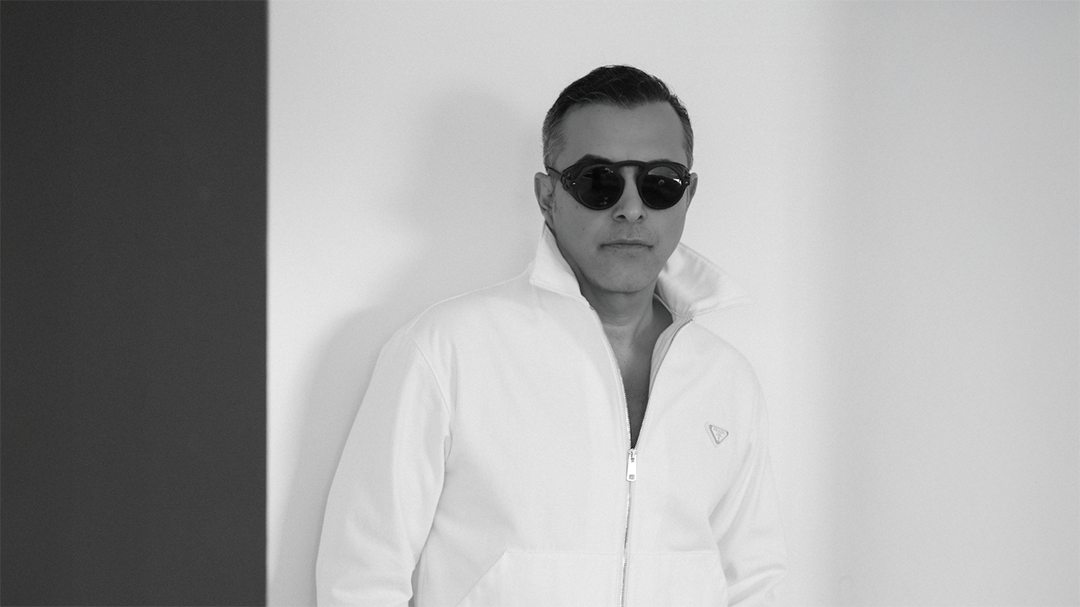WARNING: The following contains spoilers for Episode 24 of How a Realist Hero Rebuilt the Kingdom, now streaming on Funimation.
How a Realist Hero Rebuilt the Kingdom is an isekai series about a 21st-century graduate who becomes the ruler of a fantasy kingdom. It's not the story of a modern man wowing simple townsfolk with his futuristic knowledge, but rather about a capable leader working within a flawed system while taking advantage of his own intelligence and the unique skills of the people he meets there. For this reason, the anime takes pains to remind fans that Souma’s way is not always necessarily the best way.
In Episode 24 of the anime, Souma was faced with a refugee crisis. He met two representatives in a tent; Chief Jirukoma and his sister Komain, and presented them with a potential resolution. Souma's plan would be challenged under these circumstances, but he would soon be faced with a more personal rebuke that he didn't anticipate -- but that he definitely needed to hear. That is because leaders need to be prepared to take criticism, both personally and professionally.
Souma presented Jirukoma with an ultimatum for the refugees: leave Friedonia or become fully naturalized Friedonian subjects. Jirukoma advocated for the proposal, but Komain described it as "terrible." Both had a point. On the one hand, providing complete asylum for refugees is an inclusive policy. The fact that Souma highlighted the newly built city of Venetinova as a place where the refugees could "take up residence" even implied that he could provide free housing for them, as he did with the denizens of the "old slums" in Episode 23, although he may have simply meant that the city's infrastructure was designed to accommodate this influx of new citizens.
On the other hand, Komain argued that Souma was essentially asking the refugees to give up on recovering their homelands from the Demon Lord. Another potential issue, although nobody noted it specifically, was the challenge of preventing the refugees' cultures from being totally absorbed by Friedonia -- something the proud people would likely want to avoid. There were many appealing elements to Souma's proposal, but it was still important that Komain felt she could challenge it. Souma welcomed the debate, admitting that he understood how his plan could be seen as "cruel."
Jirukoma asked if Souma's plan was similar to the Gran Chaos Empire's refugee policy; leasing them land to cultivate until they could return to their own countries. Souma didn't agree with this policy partly because it was too temporary, but he made a point of saying that it was "just a difference in thinking" from Gran Chaos' Empress Maria Euphoria. Souma's calm, measured response to Komain and Maria's philosophical opposition to him showed he could take criticism, and more importantly, that he didn't want to become a monolithic dictator who explains away any opinion he disagrees with. Even so, Souma is still the king, and he did not change his offer.
At this moment, Brad Jocker, a doctor, entered the tent. Brad announced that a refugee woman was giving birth to a baby who was in a dangerous fetal position. He proposed surgery to save them both, but scientist Hilde Norg said that the mother only had a 20% chance of surviving it. Brad told her that with both of them working on the patient, this could rise to 100%. In Episode 23, Hilde and Souma implied that Brad had a somewhat obnoxious personality. The fact that he spoke so encouragingly to Hilde in this scene reinforced how seriously he was taking their responsibility to the refugees.
Carla Vargas, who Souma enslaved as punishment for treason in Episode 18, assisted Brad and Hilde. Fortunately, both mother and son were stable. Princess Liscia expressed surprise that Brad and Hilde had operated on the woman, but Souma reassured her that Cesarian sections had a high success rate in his world. Carla's magical "slave collar" flared painfully as she got angry with Souma, reminding him that he didn't personally see how intense the birth had been for the mother, and that childbirth and surgery are scary propositions no matter how successful.
Carla's slavery has been used as a source of comedy -- for example, her embarrassment over her maid uniform and her fear over the ruthless head chambermaid Serina. Seeing Carla stand her ground, outraged at Souma's thoughtlessness, was an important reminder of the strength and passion she showed during the Elfrieden civil war. In Episode 23, Liscia described Carla as a friend of herself and Souma, but her righteous fury in this episode was a reminder that she isn't afraid to get angry at him, risking the wrath of the slave collar to put Souma in his place.
The scene also reinforced the fact that Souma's modern-day perspective can't fix everything; life can still be difficult for women on Earth. Unlike when he was challenged by Komain, Souma apologized to Carla and the new mother, realizing he had become so concerned with comforting reassurances and praising modern medicine that he had lost sight of how traumatic her ordeal had been. Souma’s focus on the details while missing the big picture could be seen as a stereotypically male perspective, which made it even more meaningful that a woman challenged it.
When Souma is challenged as a leader, he stands by his policies. When he is challenged personally, he knows when to admit his mistakes. This is important because one always affects the other -- how could Souma lead all Friedonians if he didn't try to see things from a woman's perspective?
About The Author

